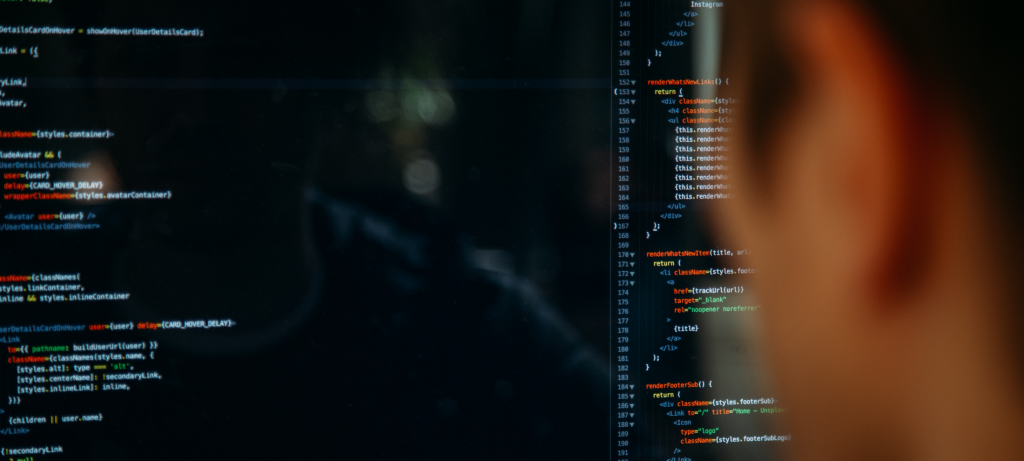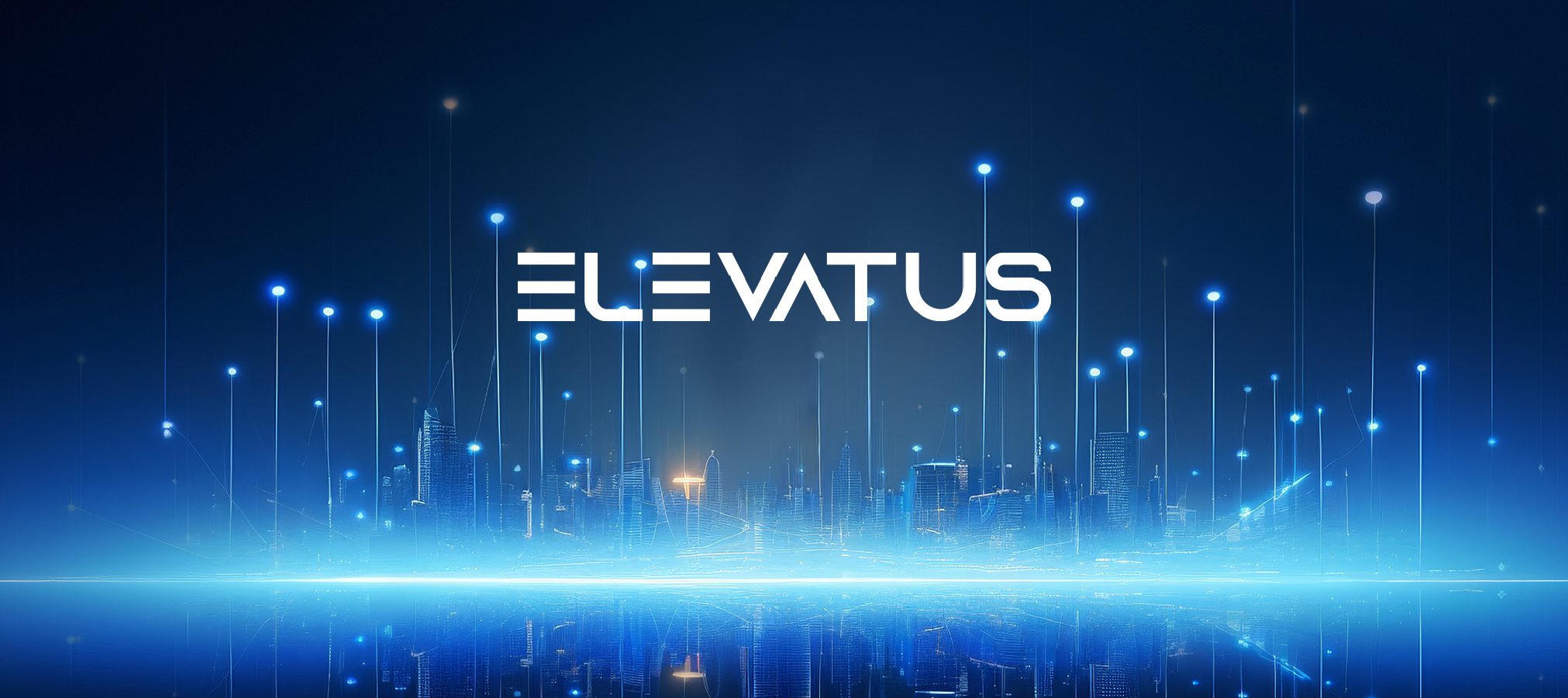
HR Database
Key Security Measures for Your HR Database to Protect Employee Data
July 17, 2023



Kiran Kazim
Content Writer
If you’re an HR professional, you know how important it is to keep employee data secure. After all, your database contains sensitive information such as social security numbers, addresses, and even bank account details. In today’s digital age where cyber threats are rampant, it’s crucial that you take the necessary steps to protect this valuable information.
But what exactly does ‘taking the necessary steps’ entail? How can you ensure that your HR database is secure and that your employees’ data is protected?
In this blog, we’ll explore key security measures that every HR professional should implement in order to safeguard their database from potential breaches or attacks. By implementing these measures, you’ll not only be protecting your employees’ confidential information but also ensuring compliance with various data protection regulations and laws.
So let’s dive in!
Boost Hiring Success with Streamlined Communication in a Dynamic Candidate Database


You may wonder why HR databases are valuable targets for cybercriminals. The answer is simple: they contain sensitive employee information such as social security numbers, addresses, and bank account details.
Cybercriminals can use this data to commit identity theft, fraud, and other malicious activities. That’s why it’s crucial to prioritize HR database security and protect employee data at all costs.
HR Databases Under Siege: Unveiling the Vulnerabilities Driving Cybercriminals
Believe it or not, cybercriminals see your HR database as a goldmine of valuable information that can be used for malicious purposes. Your HR database software contains sensitive employee data like social security numbers, addresses, and financial information that hackers can use to commit identity theft or sell on the dark web.
Additionally, your hiring database holds confidential recruitment processes and strategies that competitors could use against you. With the rise of remote work and the increased reliance on digital systems, there’s been a surge in cyber attacks targeting HR databases.
As an organization, it’s critical to understand why these databases are valuable targets for cybercriminals and take proactive measures to secure them. Understanding the importance of HR database security is crucial for safeguarding your employees’ personal information and protecting your company from reputational damage or costly legal action due to a data breach.
Guard Your HR Data: Unveiling the Importance of Database Security


As you delve into the importance of HR database security, it’s essential to understand the types of data that are typically stored in these systems.
From personal information like social security numbers and addresses to performance evaluations and salary history, employee data is sensitive and must be protected.
Furthermore, there are legal and ethical obligations for safeguarding this information that all companies must adhere to, or they risk facing serious consequences.
To highlight the significance of these obligations, real-life examples or case studies can be presented to showcase the impact of HR database breaches. Knowing what personal information is typically stored in HR databases can be scary, especially when considering the potential consequences of a data breach.
HR databases usually store sensitive information such as social security numbers, birthdates, salaries, performance evaluations, and medical records. This type of data is highly valuable to cybercriminals who can use it for identity theft or sell it on the dark web.
It’s crucial that companies take measures to protect this information from unauthorized access or theft.
In the next section, we’ll discuss the legal and ethical obligations for protecting this data.
Safeguarding HR Data: Unveiling Legal and Ethical Obligations
It’s our responsibility to safeguard the sensitive information stored in HR databases, not only because it’s legally required, but also because it’s morally imperative to protect individuals’ privacy and prevent potential harm.
As an organization that holds the personal and confidential data of employees, you have a duty to ensure that their personal information is secure from unauthorized access or disclosure. Failure to do so can result in costly legal and financial consequences, as well as damage to your reputation.
Therefore, implementing key security measures such as access controls, encryption, regular backups, and staff training on data protection should be a top priority. By doing so, you can create a culture of data security within your organization and demonstrate your commitment to protecting employees’ rights.
Moving forward with this topic, we’ll present real-life examples or case studies of HR database breaches that could have been prevented with proper security protocols in place.
Inside HR Database Success Stories: Real-Life Examples Unveiled
Let’s take a look at some real-life examples of companies that failed to safeguard their employees’ sensitive information stored in HR databases. Here are four cases to consider:
- Target suffered a massive data breach in 2013, where hackers stole the personal and financial information of over 40 million customers and the confidential records of more than 70 million employees.
- Yahoo experienced two separate hacks in 2013 and 2014, resulting in the compromise of account details for all its three billion users worldwide. The breaches included employee data such as names, dates of birth, phone numbers, and hashed passwords.
- Anthem Inc., one of the largest health insurance providers in the US, encountered a breach in early February 2015 where hackers accessed personal information for nearly eighty million current and former customers and employees.
- Also, Marriott International disclosed that its Starwood guest reservation database had been hacked in 2014 resulting in unauthorized access to up to five hundred million customers’ personal details including passport numbers and credit card information.
These cases illustrate how costly it can be for organizations when they fail to secure their HR databases adequately. To prevent such incidents from happening within your organization or business venture, you need robust security measures that ensure protection against cyber threats or internal data violations.
Fortify Your HR Database: Essential Security Measures Revealed


You need to make sure that your HR database is secure and protected from potential threats. One way to ensure this is by implementing key security measures. These include data encryption, secure password policies, and multi-factor authentication (MFA).
Regular software updates and patches, along with firewalls and antivirus software, also play a crucial role in safeguarding your employee data.
Unleashing Powerful Data Encryption Techniques
Just like how you lock your doors to protect your possessions, encrypting your HR database ensures that sensitive employee data is secure and accessible only by authorized personnel.
Data encryption is a process of converting plain text into cipher text, which can be decoded using a secret key. This means that if someone unauthorized tries to access the database, they won’t be able to read or understand the information without the key.
With data encryption in place, you can provide an additional layer of protection for your HR database against cyber criminals who are always on the lookout for valuable data. However, just having encryption isn’t enough; it’s essential to follow secure password policies as well to ensure maximum security for your employees’ personal information.
Implementing Secure Password Policies
Now that you’ve encrypted your HR database, it’s time to focus on creating secure password policies. As an employer, you should implement strong password requirements. This includes a minimum length, complexity, and periodic updates. You should also encourage employees to use unique passwords for their work accounts and not reuse them for personal accounts.
By doing so, you can reduce the risk of data breaches caused by weak or stolen passwords. However, even with these measures in place, there is still a chance that unauthorized individuals may try to gain access to your system.
That’s why it’s important to consider multi-factor authentication (MFA) as an additional layer of protection. With MFA, users must provide two or more forms of identification before accessing the system. This makes it much harder for attackers to bypass security measures and steal employee data.
Strengthen HR Database Security with MFA
Implementing multi-factor authentication (MFA) is like adding an extra lock to your front door. It requires users to provide two or more forms of identification before accessing the system. This makes it much harder for attackers to gain unauthorized access.
MFA provides an additional layer of protection for your HR database. It mandates that employees provide a unique password and another form of verification, such as a fingerprint scan or facial recognition check. This security measure is especially important when remote work is involved. Hackers can potentially exploit weak passwords or unsecured internet connections.
By implementing MFA, you’re ensuring that only authorized personnel have access to sensitive employee data. However, don’t stop there. Regular software updates and patches are also crucial in maintaining the integrity of your HR database.
Secure Your HR Database with Regular Updates
Keeping your software up-to-date is crucial in ensuring the safety of your company’s systems and information. Regularly updating and patching your HR database software can help protect against potential vulnerabilities that could be exploited by hackers or other malicious attackers.
Outdated software may have known security flaws that can be easily targeted by cybercriminals to gain unauthorized access to employee data. By staying on top of updates and patches, you can minimize the risk of a breach occurring.
However, it’s important to remember that updating your software is just one piece of the puzzle when it comes to protecting employee data. In addition to regular updates, you should also consider implementing firewalls and antivirus software as additional layers of protection for your HR database.
Defend with Firewalls and Antivirus
To ensure that your company’s systems and information are safeguarded against cyberattacks, you’ll want to have firewalls and antivirus software in place. These key security measures can provide an added layer of protection for your HR database.
Here are a few reasons why: firstly, firewalls act as a barrier between your internal network and the outside world, preventing unauthorized access. Secondly, antivirus software scans for any malicious code or viruses that may attempt to infiltrate your system. And lastly, these tools can be configured to automatically update themselves with new threat definitions, ensuring that you always have the latest protection against emerging threats.
By implementing firewalls and antivirus software into your HR database security strategy, you can better protect employee data from potential breaches. But this is just one part of a comprehensive approach to cybersecurity – next up we’ll cover regular security audits and training to help keep your defenses strong!
Conduct Regular Security Audits and Training
Regular security audits and training are essential for maintaining a strong defense against cyberattacks. Your HR database is a valuable repository of sensitive employee data, which makes it an attractive target for cybercriminals.
To ensure that your database remains secure, you need to conduct regular security audits to identify any vulnerabilities and take appropriate measures to address them. Additionally, you need to train your employees on best practices for data protection, including password management, phishing awareness, and safe browsing habits.
By consistently reviewing and improving your security measures, you can minimize the risk of data breaches and protect both your employees’ personal information and your company’s reputation.
Conclusion
You’ve now understood the importance of HR database security and the significance of employee data protection. By implementing key security measures, such as access control, data encryption, regular backups, and staff training, you can ensure that your HR database remains secure and free from any unauthorized access.
But wait, you may be thinking that implementing all these security measures could be costly and time-consuming. While it’s true that investing in HR database security requires effort and resources, the cost of a data breach or loss of sensitive employee information can be much higher.
So don’t let budget constraints stop you from taking action to protect your employees’ data. Remember that their trust is invaluable to the success of your business.
Turn top talent to employees fast
Hire, assess, onboard and manage top talent for every job. See how Elevatus streamlines everything; from acquire to new hire.
Request a demoAuthor



Kiran Kazim
Don't miss a thing!
Stay one step ahead. Subscribe and get the latest updates, news, and insights from Elevatus straight to your inbox.





